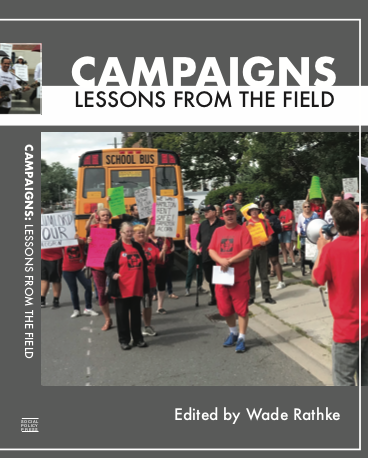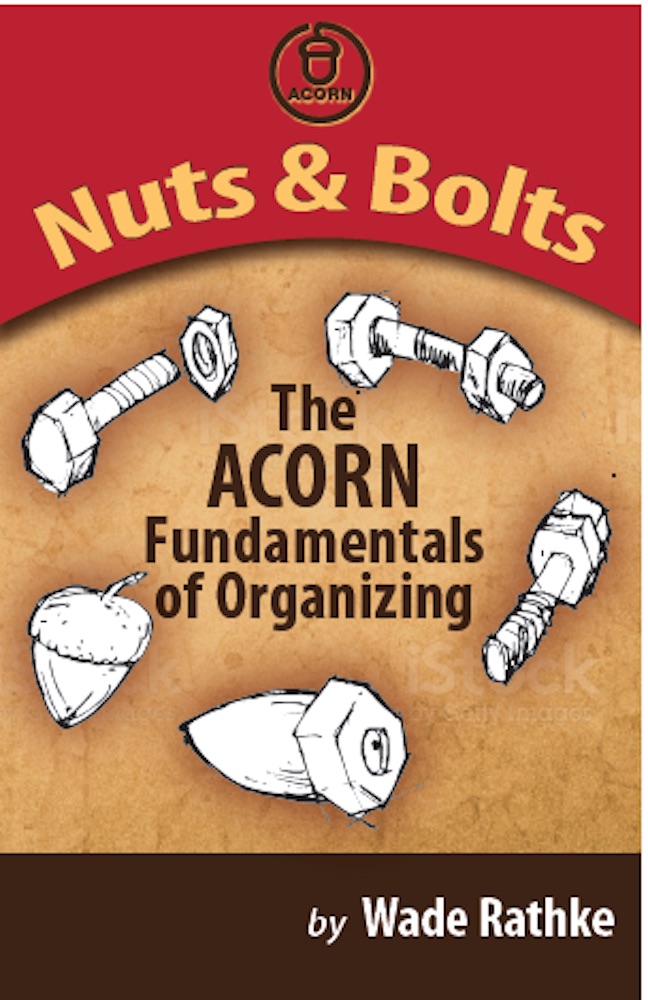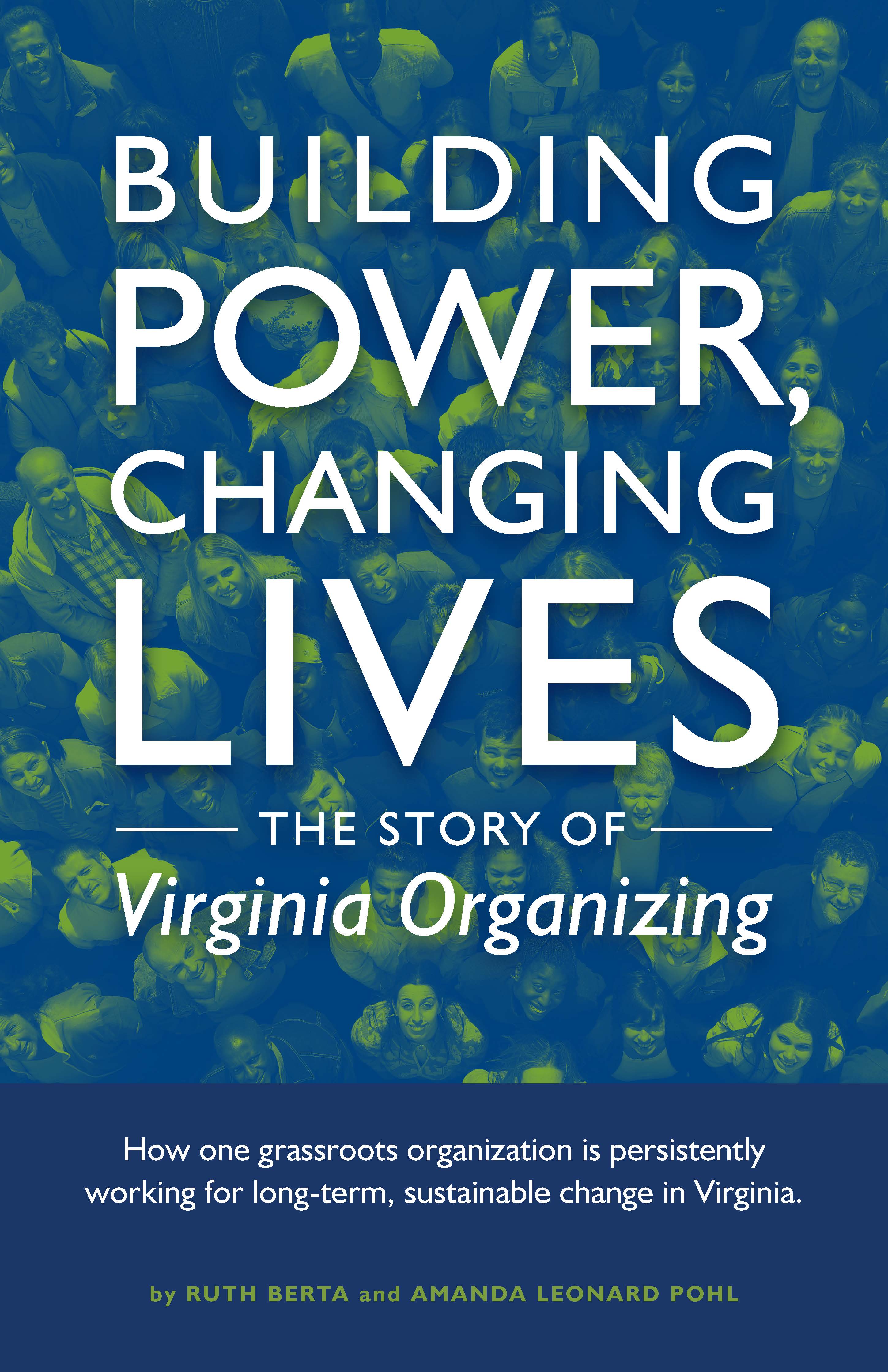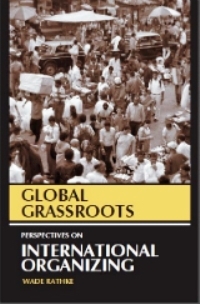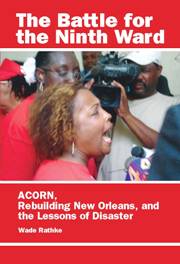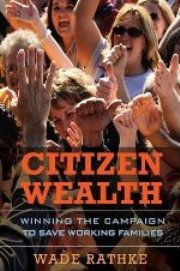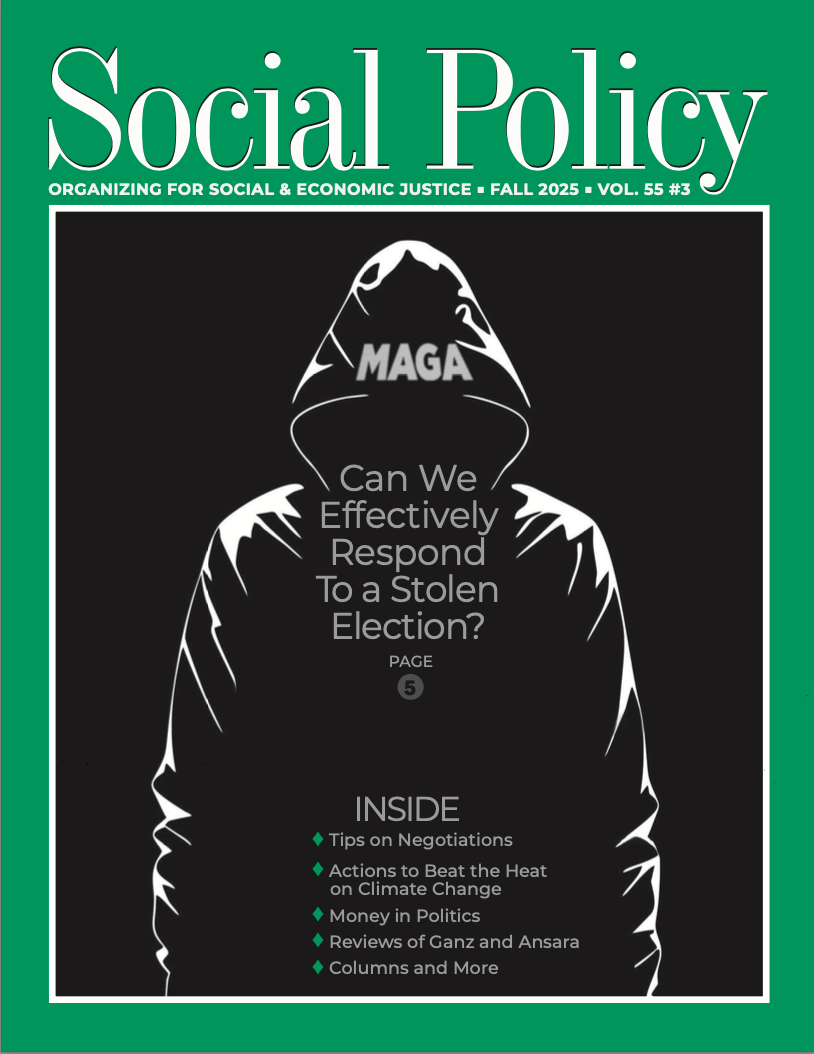
“How?” is a common response to the question of how to respond to a stolen election. Bush Jr. and a friendly Supreme Court stole Florida from Al Gore, which gave Bush the Presidency. Richard Daley, Sr. and his Democrat and Republican counterparts in “machine” cities across the country used to steal elections regularly. Robert E. Caro’s impeccably researched biography of Lyndon Johnson details how LBJ stole his first Texas Senate race.
Not much followed beyond rejected court challenges and cries of anguish from the “defeated” and their supporters.
Many powerful membership organizations like unions and direct-action community organizations win vital improvements for their members and communities through formal face-to-face negotiations. Though both types of organizations often lead formal negotiations, there is little discussion or training for non-labor negotiations, even though agreements reached at their tables can result in multi-million-dollar investments and life-changing programs and policies. Union negotiations on the other hand, are the topic of hundreds of trainings, conferences, books and classes and are governed by state and federal laws whereas the negotiations led by direct action community organizations are often fully dependent on the amount of power an organization can build to compel a specific decisionmaker to the table for an agreement.
The ten hottest years in the history of the planet all occurred in the last ten years – with last year, 2024, reigning as the champion. While governments have the luxury of denying reality, poor and working class people do not. They bear the brunt of the new record-breaking heatwaves – and ACORN members have been organizing to fight for relief and change.
Read more: BEAT THE HEAT: ORGANIZING FOR RELIEF AND CHANGE IN AN OVERHEATING PLANET
It seems increasingly untenable to say that money doesn’t matter in politics. Money is one of the most widely used signals of viability, strength, and support. Several key actors and spectators—candidates, donors, journalists. and party leaders—turn to money as a focal point.
Read more: EXCERPT - Money Signal: How Fundraising Matters in American Politics
The Hard Work of Hope
by Michael Ansara
Michael Ansara has been a significant figure in organizing in Massachusetts and sometimes nationally since the 1960’s. This has included extensive work in the Boston Civil Rights Movement in the 1960’s, a major leadership role in the Anti-Vietnam War movement with Students for a Democratic Society (SDS) in the 1960’s and 1970’s, and an important role in the major organizing group Massachusetts Fair Share in the 1970’s into the 1980’s.
People…Power…Change: Organizing for Democratic Renewal
by Marshall Ganz. Oxford University Press. 2024
This important book should be read by anyone who is or hopes to be a community, labor, issue or political campaign organizer for justice and people power. It should be required reading in any course that teaches organizing.
Read more: BOOK REVIEW: Your Roadmap of How Collective Action Successfully Works
It used to be the case that federal prosecutors and regulators were the first to bring action against a corporate abuse, and plaintiff’s lawyers followed that with a class action lawsuit designed to obtain additional relief for harmed parties.
In the new Trump era, the federal government is increasingly abdicating that role. As Public Citizen has revealed, the Justice Department and other agencies have dropped scores of investigations of corporate lawbreaking.
Read more: EVERYBODY’S BUSINESS - Private Litigation to the Rescue
Now I don’t often rely on the Wall Street Journal Editorial page for anything other than an occasional glance at turgid rhetoric spewing from right wingnuts. But here, at the end of August, Sierra Dawn McClain wrote about farm labor and the H-2A guest worker program. It was, uncharacteristically for the Journal, a thoughtful analysis. She starts out with this statistic, “In 2022 a Washington state agency advertised more than 34,000 farm job openings but could place only 11 US-based workers in the roles. That’s up from zero in 2021. The agency placed 2 in 2020 and 19 in 2019.” (WSJ, 8/28/25) That’s a success rate of .0003%. Now it doesn’t take a rocket scientist to figure out that if only a dozen or so “Americans” are willing to take a farm job, then someone else needs to fill those positions. And this is where the corrupt thinking of many farmers shows through. Literally since WWII when we had to replace farmer and farmworker soldiers who had gone off to war, the U.S. has been openly and not-so-openly bringing in foreign labor to work our farms, dairies, and ranches.
Read more: MONEY MATTERS - Hey, you MAGA maniacs, can you Count?
Canadian Prime Minister Mark Carney seems more pragmatic than ideological. When presented with ideas that go beyond a purely moral argument, there may be openings for gains, alongside the setbacks on social program spending and the environment that are likely to come under his government.
Read more: NORTHERN LIGHTS - Adding Teeth to the Renters’ Bill of Rights is Essential
In a recent one-month period, I found myself in Romania, Bulgaria, Italy, Malta, England, and Belgium, as well as the United States. Everywhere, the question was raised, sometimes softly and at other times stridently: what are we doing to oppose Trump and his administration taking the United States into previously unimaginable darkness? On reflection, I found my answers somewhat lame and on the order of, “doing our best,” “doing what we can,” or similar grabbing at straws. Whatever we are doing individually and collectively, it’s not enough, and it’s not working.
No matter our personal or political expectations about a second Trump administration or even our examination of the Project 2025 documents (see Social Policy 55.1), I don’t think any of us believed, on the record of Trump’s first term, that it would be this bad or as comprehensive as his attack on all democratic institutions and norms has been thus far. Nothing seems to be stopping the excesses of the administration. The highest court is abetting them and even as lower courts attempt to slow the tide, they are being ignored. Now, in the wake of the Kirk assassination, it may get even worse. Irrationally and without evidence, Trump and his people are announcing an attack on the “left,” whatever that might entail and whoever he means in his anger vengance.
We are being steamrolled. We are disorganized and gobsmacked. The right seems organized, institutionalized, resourced, and aggressive. Whoever and whatever this “left” might be, it seems like it’s none of those. There have been marches, editorials, lawsuits, principled resignations, and the like, that might be called resistance, but thus far seem ineffective.
Yes, we should have seen this coming. The surge of the right has been a state by state phenomenon for some time, so books will be written about how we should have foreseen this prospect. I still argue that this is sui generis to Trump, but I’m no longer sure. It turns out our democracy and institutions are incredibly weak and with judicial assistance, easily overwhelmed and taken over. The Democratic Party is hardly a party of the left, but as an alternative it is in disarray, groping, and leaderless. The party is unable to protect the people, and people sense its weakness, even while lacking an alternative.
Unions in other countries would have acted as a buffer, but in the USA, we seem divided internally with too many members supporting the Trump team, some of our leaders compromised by parochial interests, and all collectively unable to step into the progressive leadership void that we need. Institutional labor has stood by impotently watching as one-million federal workers have lost collective bargaining protection and the American Federation of Government Employees (AFGE) has been decimated. Compare this to the support of a small, conservative union of PATCO air traffic controllers when attacked by President Reagan. Comparatively, there seems relatively little protest and solidarity, and certainly no calls for general strikes, mass demonstrations, or anything of the kind.
Efforts to raise massive levels of money seem to focus largely on legal actions. The most effective work has been local resistance to deportation. People seem ready to act, but nationally weak and fragile.
This is where we are, like or not. The first step in rebuilding has to be to recognize the reality. We’re not at fighting strength. We’ve been beaten like a dog. The midterms won’t save us, even if a house of Congress flipped. We need a real plan about how to resource and organize to build peoples’ movements and institutions from the ground up without fear or favor, and we have to do it differently than we have done before. The jury is in. Whatever we thought would work was wrong, and what we were doing, didn’t work. We need to salvage what we can and go from here. It’s going to be a long road, so we better get started, even while we hunker down in horror at the endless assault now.


